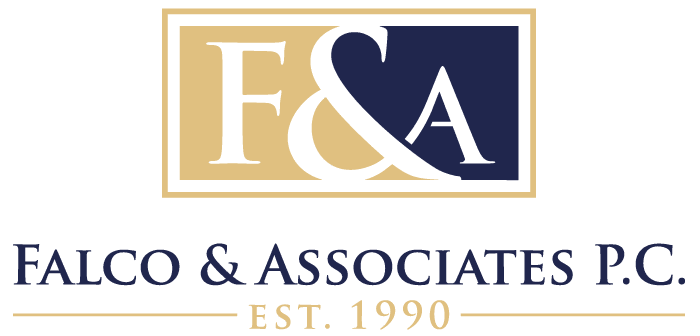Estate Planning Checklist
- Compile a detailed list of all assets, including real estate, investments, bank accounts, and personal property.
- Identify and document any outstanding debts or liabilities.
Wills and Trusts:
- Create or update your will to specify how your assets should be distributed.
- Consider establishing trusts to manage and protect assets, especially if you have beneficiaries with special needs.
Advance Healthcare Directives:
- Draft a living will to outline your preferences for medical treatment in case you are unable to communicate.
- Appoint a healthcare proxy to make medical decisions on your behalf.
Financial Power of Attorney:
- Designate a trusted individual to manage your financial affairs if you become incapacitated.
- Specify the scope of authority granted to the appointed agent.
Long-Term Care Planning:
- Explore long-term care insurance options.
- Discuss strategies to cover potential long-term care expenses and protect your assets.
Beneficiary Designations:
- Review and update beneficiary designations on retirement accounts, life insurance policies, and other financial assets.
Guardianship for Minor Children:
- If applicable, name a legal guardian for minor children in the event of your incapacity or passing.
Tax Planning:
- Evaluate the potential tax implications of your estate plan.
- Utilize tax-efficient strategies to minimize the tax burden on your estate and beneficiaries.
Digital Estate Planning:
- Document digital assets such as online accounts, passwords, and access information.
- Specify your wishes regarding the management or distribution of digital assets.
Review and Update:
- Regularly review and update your estate plan to reflect changes in family circumstances, financial situations, or legal regulations.
Consultation with Falco and Associates P.C.:
Schedule regular consultations with our experienced elder law attorneys to ensure your estate plan remains current and aligned with your goals.








